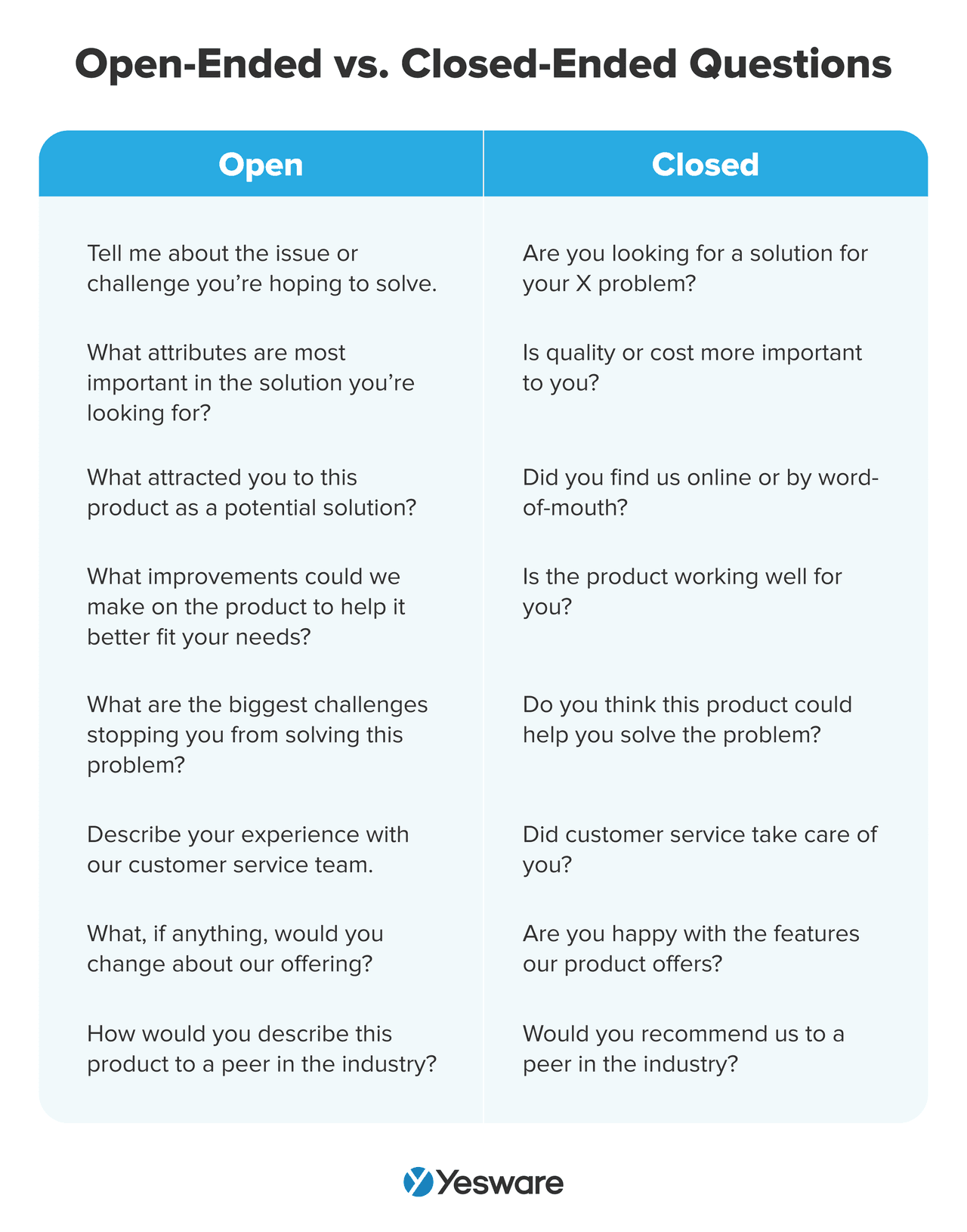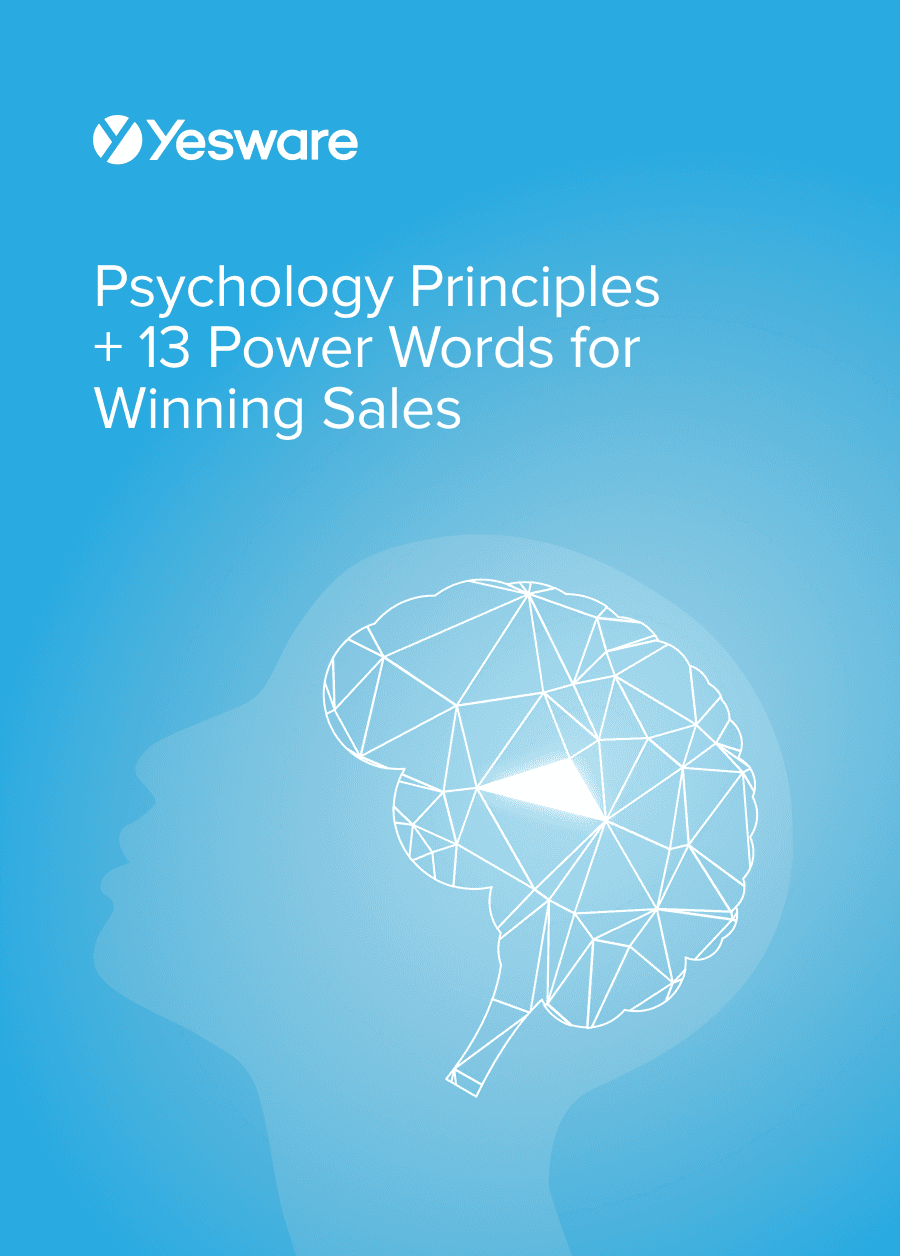The Best Way to Answer “Sell Me This Pen” Right Now
Melissa Williams
Contents
- Why Do Interviewers Ask “Sell Me This Pen”
- Most Common Mistakes When Answering “Sell Me This Pen”
- Qualify First: Important Questions to Ask Before You Answer
- The Power of Questions: How to Use Them to Your Advantage
- How to Stay on Your Toes Once They Answer
- How to Get Creative to Make Something Average Extraordinary
- The Shortcut Trick: How to Answer “Sell Me This Pen” in 5 Seconds
“Sell me this pen” is a line that will forever be tied to The Wolf of Wall Street.
In the final scene, Jordan Belfort (played by Leonardo DiCaprio) stands onstage before an audience, and an expectant hush fills the room. He takes a deep breath. Considers the audience. He steps down, walks forward, and picks one person in his seat. Staring eye-to-eye, Belfort pulls an object from his pocket and leans over to make a firm request: “Sell me this pen.”
The reply that comes back does not please him.
So he moves to the next person, trying again.
The truth is, “sell me this pen” is a trick question. If you jump right into following the command, you fail.
Why Do Interviewers Ask “Sell Me This Pen”
This question is now one of the most common job interview questions for sales positions. Sales leaders have now been asking sales professionals to “sell me this pen” for years—but why?
This question tests the candidate’s ability to sell a product. Even though a pen is a simple product, this prompt allows the hiring manager to evaluate the candidate’s sales techniques, persuasiveness, creativity, and confidence in their abilities to make a sales pitch—all with one simple question.
“Sell me this pen” also allows the interviewer to gauge how well the candidate can problem-solve on the spot. The candidate must come up with a strategy, articulate their thoughts, and present an argument quickly and concisely. The reason this is an important test is that, in the sales world, sales objections and questions come up frequently, so sales professionals need to know how to think on their feet.
Most Common Mistakes When Answering “Sell Me This Pen”
We see two common mistakes made when sales professionals answer, “Sell me this pen.”
- Assuming they know what someone looks for in a pen
- Resorting to the features of the pen.
Why it’s wrong: jumping into selling is like throwing a dart in the dark without turning on the lights to see the board.
Our gut instinct is to launch into features because they’re something that both buyer and seller can see. We assume they appreciate the same things we do, but that’s not how it works. All features are not created equal in the eye of the beholder.
Why?
It’s never the feature that we care about; it’s the end benefit it gives us. And we all value those differently. If we want our pen plated in gold, we’re interested in impressing others. If we want a smooth roll that lasts for use after use, we need a function that lasts through frequent writing.
The point: The test you need to pass with the “sell me this pen” prompt is to get to know the buyer before forming your sales pitch.
You do this by asking questions.
Without knowing their situation, wants, and values, you become a show-person. Why bother narrating features they can see for themselves?
Here’s a good explanation from the real Jordan Belfort :
“The real answer is, before I’m even going to sell a pen to anybody, I need to know about the person, I want to know what their needs are, what kind of pens do they use, do they use a pen? How often do they use a pen? […] The first idea is that […] I want to hear [the salesperson] ask me a question. Most average or newbie salespeople think that they’re supposed to sell you the pen, when a really seasoned salesperson will actually turn it into a qualifying session to find out what you need. That’s the truth of it. It’s like trying to sell someone a house and you don’t know if they’re in the market for a house, what kind of house they want, how many kids – so how can you sell someone a house? That’s the point.”
Qualify First: Important Questions to Ask Before You Answer
Below are questions that you can use to properly sell someone a pen.
- When did you last use a pen? What were you doing? (sample answers: Writing a note in a meeting → you can pitch them the pen as a reliable on-the-go writer)
- What’s most important in a pen: fashion or function?
- If fashion: What do you want people to think of you?
- If function: What do you use a pen to do throughout any given day?
- How often do you need a new pen? (if frequent, tell them the pen comes as part of a pack)
- What event usually happens for you to buy a new pen? (Example answers: seeing one you like in the store, running out of ink, losing the cap)
- How much does cost matter to you?
- Tell me about a pen that really pisses you off.
- What does it feel like when you really need to write something down but can’t find a pen?
- What’s most important to you in life? (You can later tie this back to the end picture you paint. If it’s “family,” the pen becomes something you can hand down from generation to generation. If it’s “career,” the pen becomes something you carry with you from one job to the next, and it reminds you of how far you’ve come)
Tip: If you want to get the most out of every question, you can ask open-ended sales questions. These questions get the recipient to talk for longer and provide more in-depth explanations. This type of answer allows the sales professional to grasp as much information as possible to tailor their sales pitch around the prospect’s unique pain points.
Here’s the difference between open-ended and closed-ended questions: 
The Power of Questions: How to Use Them to Your Advantage
By now we know that questions help to craft a pitch. But there’s more. The mere act of asking a question increases your persuasiveness in two important ways:
Sharing Our Opinions Gives Us Pleasure
Researchers at Harvard University have discovered that sharing about ourselves is intrinsically rewarding. It’s why we spend 30-40% of our speech doing it.
In one study (referred to as 1a in the image below), 78 people rated how well statements like these described themselves versus strangers:
“Prefer coffee over tea”
“Get frustrated sitting in traffic”
As people answered, their brain activity was measured.
In study 1b, participants shared how traits like “curious” and “ambitious” described themselves vs. Barack Obama and George W. Bush.
As you can see, activity in the reward center of our brain is stronger when we share info about ourselves vs. opinions about others:

Source: Harvard University
Answering a Question Distracts Us From Making Judgments
Someone requesting “sell me this pen” is likely doing so to judge your ability.
But they won’t be able to once you get them answering your questions. Their mind will focus solely on giving answers and the emotions those answers create.
Neuro research teaches us that being asked a question triggers a mental reflex called “instinctive elaboration.” When our brains focus on an answer to a question, they can’t possibly contemplate anything else.
“To put it bluntly, research shows that we can’t multitask. We are biologically incapable of processing attention-rich inputs simultaneously.” – John Medina, Brain Rules
This is really significant when you’re trying to convince someone because it gives you the power.
How to Stay on Your Toes Once They Answer
Asking questions is only 25% of your way to the answer. From there, you still need to sell.
Here’s what happens next:
1. Summarize the Problem or Need
At this point, you switch from listen mode to talk mode. Put the problem statements together into a situation they want to get out of.
Ways to start:
- “So it sounds like…”
- “{!First Name}, what I’m hearing is…”
- “Let me make sure I heard you correctly…”
2. Capture Their Attention With a Transition Statement
Then, you need a strong one-line statement to move from the present-day need to the future solution.
Examples:
- “I bet you didn’t know that when you asked me for a pen, it was about to change your life.”
- “That all ends right now — today [pats table].”
- “What if I told you that this little object here [holds pen on two joined palms] is going to give you all of that?”
3. Paint the Solution (The End Benefits of the Pen)
Here, you use a creative spin that makes them think of the product or service in a new light.
Pro Tip: First, focus on painting a problem-free future. Then, describe the pen and how it achieves that for them.
How to Get Creative to Make Something Average Extraordinary
Make it more than a pen.
I’ll give you an example.
You think of Bic as a pretty standard pen, right?
Well, the company turned that on its head with ads they released a few years back. These images drove home the fact that a Bic pen lasts a really, really long time: 2 kilometers worth of ink, in fact (that’s 1.24 miles).
The ads show that the distance is equal to two Tower Bridges (or six Eiffel Towers or four Empire State Buildings):

Source: Plentyofcolour.com
Come up with a way that you can turn the pen into something more than a vehicle to write, and use storytelling to make what you’re saying more persuasive.
Here’s a bit of psychology of sales for you—how storytelling affects the brain:  Part of painting the solution in a sale that closes is making someone’s need more urgent.
Part of painting the solution in a sale that closes is making someone’s need more urgent.
Ian Adams, former VP of Sales at Yesware, does this well in his answer to “sell me this pen.” Here’s how he wraps up his pitch:
“Unfortunately, this is my last pen today (reach across to hand pen back to CEO). So, I suggest you get this one. Try it out. If you’re not happy with it, I will personally come back next week to pick it up. And it won’t cost you a dime.”
Why it works:
- Scarcity: A limited supply of something + high demand → you need to buy now or risk losing access to the product or service (creates a sense of urgency).
- Pre-suasion: Doing a favor (giving the last pen) right before asking for one (buying the pen) increases their likelihood of saying yes.
More techniques you can use on your own:
- Social proof: Mentioning names of their peers or idols who use the same pen.
- Specificity: Use numbers to show how long the pen lasts (miles or years), how popular it is (sales), and how much it costs (sales vs full price).
- Tying it to Maslow’s Hierarchy below (See question #10 above to find out what their specific needs are).

Tip: Understanding the psychology of sales will help you not only answer prompts like “sell me this pen” more effectively but will improve your sales craft altogether. Grab our ebook below for psychology best practices and persuasive tips.
 Psychology Principles + 13 Power Words for Winning SalesData-backed psychological principles, nonverbal cues, and persuasive phrases to win more deals.
Psychology Principles + 13 Power Words for Winning SalesData-backed psychological principles, nonverbal cues, and persuasive phrases to win more deals.
The Shortcut Trick: How to Answer “Sell Me This Pen” in 5 Seconds
Here’s an earlier scene from Wolf of Wall Street:
Jordan: [To Brad, handing him a pen] Sell me that pen.
Brad: [Answering request] Why don’t you do me a favor? Write your name down on that napkin for me.
Jordan: [Looks around] I don’t have a pen.
Brad: Exactly. Supply and demand, my friend. [Hands him the pen]
If you want to deliver a mic-drop line like Brad when you’re asked to sell a pen, you can.
It means you settle on one question and transition to sell from there. Below are three examples:
Giving Them Access to Their Idol
Them: Sell me this pen.
You: Who’s your favorite celebrity/movie actor/actress/sports player?
Them: Really Famous Person.
You: Really Famous Person just gave me this pen [holds on flat palms]. Do you want to buy it? *Drops Mic*
We All Want a Superpower
Them: Sell me this pen.
You: If you could have any superpower, what would you want?
Them: The Ability to ___.
You: So, there’s something you need to know. This pen isn’t really a pen. It looks like it to hide the fact that it’s something much, much more. [Scoot forward in your seat or lean closer if you’re standing]. It’s a device that lets you turn on and off the ability to ___. You just click/twist right here [show them]. Are you in? *Drops Mic*
Nobody’s Perfect — But They Can Be
Them: Sell me this pen.
You: What’s something you always forget to do?
Them: This Really Important Thing.
You: Ah, that’s the worst. Yeah, I get that. Which is why I brought you this… [puts pen on the table or hand firmly but carefully]. I know what you think – but no. It’s not a pen. Pens just write. This remembers. Whenever you need to do something in the future, just ask it to remind you. In X hours, or on X Date and Y time, it will nudge you to do that Really Important Thing. It’s like Siri or Alexa, but it lives in a pen that also writes, and it’s $5. What do you say? *Drops Mic*
Note: If “sell me this pen” is a test to see if you know to ask a question before answering, this shortcut works. If it’s a more complex test to guide a conversation from info-gather to close, use the earlier technique. That way, you show your ability to identify in-depth problems and develop solutions.
This guide was updated on June 10, 2024.
Get sales tips and strategies delivered straight to your inbox.
Yesware will help you generate more sales right from your inbox. Try our Outlook add-on or Gmail Chrome extension for free, forever!
Related Articles
Casey O'Connor
Casey O'Connor
Casey O'Connor
Sales, deal management, and communication tips for your inbox

